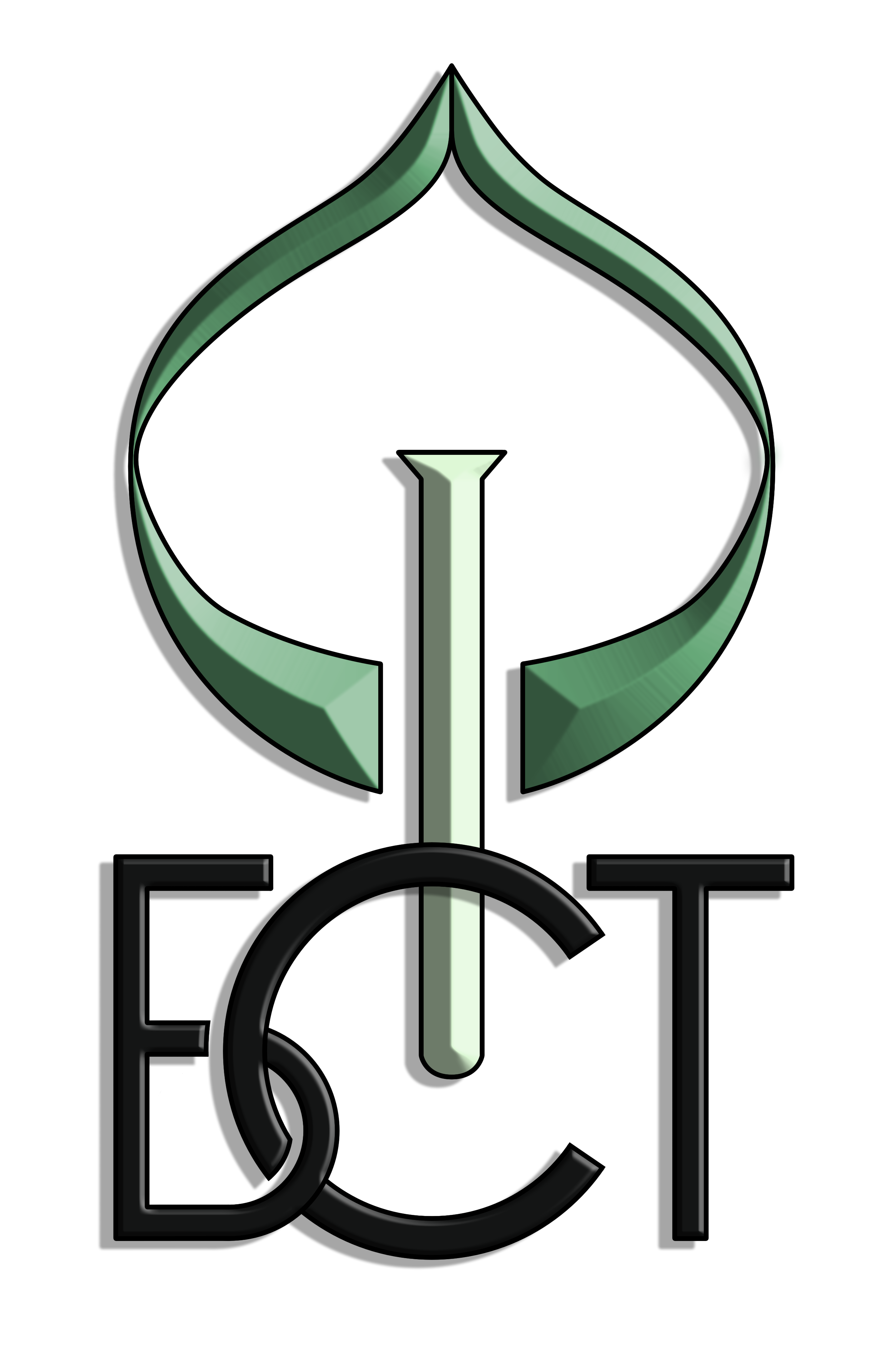Some ethological and clinical physiological characteristics of cattle of the Kalmyk breed
in summer in the conditions of Yakutia
DOI: 10.33284/2658-3135-103-1-86
UDC 636.2/.28:633.2.033(571.56)
Some ethological and clinical physiological characteristics of cattle of the Kalmyk breed
in summer in the conditions of Yakutia
Ivan I Sleptsov1, Varvara А Machakhtyrova1, Gregory N Machakhtyrov2, Vasily V Mukhin1, Foat G Kayumov³, Ruziya F Tretyakova3
1Yakutsk State Agricultural Academy (Yakutsk, Russia)
2Yakutsk Research Institute of Agriculture named after Safronov MG. (Yakutsk, Russia)
3 Federal Research Centre of Biological Systems and Agrotechnologies of the Russian Academy of Sciences (Orenburg, Russia)
Summary. In the technology of beef cattle breeding organizing feeding and keeping cows with suckling calves, it is necessary to take into account the physiological properties of animal organism as much as possible under certain breeding conditions. Knowledge of biological characteristics of beef cattle, understanding their behavior in the pasture will allow organizing rearing of young animals fully rationally and effectively in the summer in the difficult conditions of Yakutia. When developing a technology of beef cattle breeding adapted to local climatic conditions, where the summer pasture season is much shorter than in other regions, it is important to rationally use the natural land when raising calves on a suction. The studies were conducted on cows with suckling calves in the pasture period in order to study the ethology and clinical and physiological parameters (body temperature, respiratory rate and pulse) of animals in a fenced pasture depending on air temperature. It was established that the model of daily behavior of cows is directly dependent on the temperature of the surrounding air. Although Kalmyk cows in the pasture experience a slight heat load at an air temperature above +30 °C against the background of active flight of blood-sucking insects, in general, the physiological and physiological parameters of animals remain within normal limits, which indicates good adaptive qualities of Kalmyk breed cows.
Key words: cows, Kalmyk breed, adaptation, pasture, ethology, clinical and physiological parameters, air temperature, Yakutia.
References
- Barashkova AI, Reshetnikov AD. Two-winged blood-sucking insect insects of agrocenoses of Yakutia and protection against horn flies of farm animals: monograph. Belgorod: IP Tkacheva EP, 2015:164 p.
- Baskin LM, Chikurova EA. The behavior of cattle. Moscow: Partnership of scientific publications. 2014:251 p.
- Narmaev MB, Basangov AP, Barinov VE, Bugdaev IE. Kalmyk cattle: monograph. Elista: MMP “BOTKHN”; 1992:256 p.
- Komlatsky VI. Kulikova NI, Schukina IV. Beef production technology. Rostov-on-Don: Phoenix, 2015:347 p.
- Machakhtyrova VA, Vladimirov LN, Reshetnikov IS. Dynamics of foal haematology indicators chances in the central zone of Yakutia. Achievements of Science and Technology of AIC. 2009;9:60-62
- Otarov A. Kalmyk breed: peculiarities and advantages. Animal husbandry of Russia. Thematic issue Dairy and beef cattle breeding. 2018:75-76.
- Paronyan IA, Prokhorenko PN. The gene pool of domestic animals in Russia: textbook. allowance. St. Petersburg: Lan’; 2008:352 p.
- Allen JD, Hall LW, Collier RJ, Smith JF. Effect of core body temperature, time of day, and climate conditions on behavioral patterns of lactating dairy cows experiencing mild to moderate heal stress. Journal of Dairy Science. 2015;98 (1).118-127. doi: https://doi.org/10.3168/jds.2013-7704
- Baumgard LH, Rhoads Jr RP. Effects of heat stress on postabsorptive metabolism and energetic. Annual Review of Animal Biosciences. 2013;1:311-337. doi: https://doi.org/10.1146/annurev-animal-031412-103644
- Hill DL, Wall E. Weather influencesfeed intake andfeed efficiency in a temperate climate. Journal of Dairy Science. 2017;100(3):2240-2257. doi: https://doi.org/10.3168/jds.2016-11047
- Koch F, Lamp O, Eslamizad M, Weitzel J, Kuhla B. Metabolic response to heat stress in late-pregnant and early lactation dairy cows: implications to liver-muscle crosstalk. PLoS ONE. 2016;11(8):e0160912. doi: https://doi.org/10.1371/journal.pone.0160912
- Safa S, Kargar S, Moghaddam GA, Ciliberti MG, Caroprese M. Heat stress abatement during the postpartum period: effects on whole lactation milk yield, indicators of metabolic status, inflammatory cytokines, and biomarkers of the oxidative stress. Journal of Animal Science. 2019;97(1):122-132. doi: https://doi.org/10.1093/jas/sky408
- Tao S, Orellana RM, Weng X, Marins TN, Dahl GE, Bernard JK. Symposium review: the influences of heat stress on bovine mammary gland function. Journal of Dairy Science. 2018;101(6):5642-5654. doi: https://doi.org/10.3168/jds.2017-13727
Sleptsov Ivan Ivanovich, Cand. Sci (Economic), Rector, Yakutsk State Agricultural Academy, 677007, Yakutsk, Russia, 3 Sergelyakhskoe highway, 3 km, tel.: +7(4112)507-971, fax: +7(4112)358162,, e-mail: ysaa.ykt @gmail. com.
Machakhtyrova Varvara Anatolyevna, Cand. Sci. (Biol.), Associate Professor, Yakutsk State Agricultural Academy, 677007, Yakutsk, Russta Sergelyakhskoe highway, 3 km, d.3, tel .: : 8(4112) 507-971, e-mail: varvara-an@mail.ru
Machakhtyrov Grigory Nikolaevich, Cand. Sci. (Biol.), Deputy Director, Yakutsk Agricultural Research Institute M.G. Safronova, 677001, Yakutsk, Russia, ul. Bestuzhev-Marlinsky 23, building 1, tel.: 8 (4112) 215-574, e-mail: aylga@mail.ru.
Mukhin Vasily Vasilievich, applicant, Yakutsk State Agricultural Academy, 677007, Yakutsk, Russia, Sergelyakhskoe high-way, 3 km, d.3, tel .: : 8 (4112) 507-971, e-mail: ysaa.ykt@gmail.ru
Kayumov Foat Galimovich, Dr. Sci (Agr.), Professor, Head of Research, Head of the Laboratory for New Breeds and Types of Beef Cattle, Federal Research Centre of Biological Systems and Agrotechnologies of the Russian Academy of Sciences, 460000, Orenburg, Russia, 9 Yanvarya St., 29, tel.: 8(3532)30-81-76, cell.:8-987-341-75-80, е-mail: vniims.or@mail.ru, nazkalms@mail.ru
Tretyakova Ruziya Foatovna, Junior Researcher, Beef Cattle Breeding Department, Federal Research Centre of Biological Systems and Agrotechnologies of the Russian Academy of Sciences, 460000, Orenburg, Russia, 9 Yanvarya St., 29, tel.: 8(3532)30-81-74, e-mail: vniims.or@mail.ru
Received: 4 February 2020; Accepted: 16 March 2020; Published: 31 March 2020
